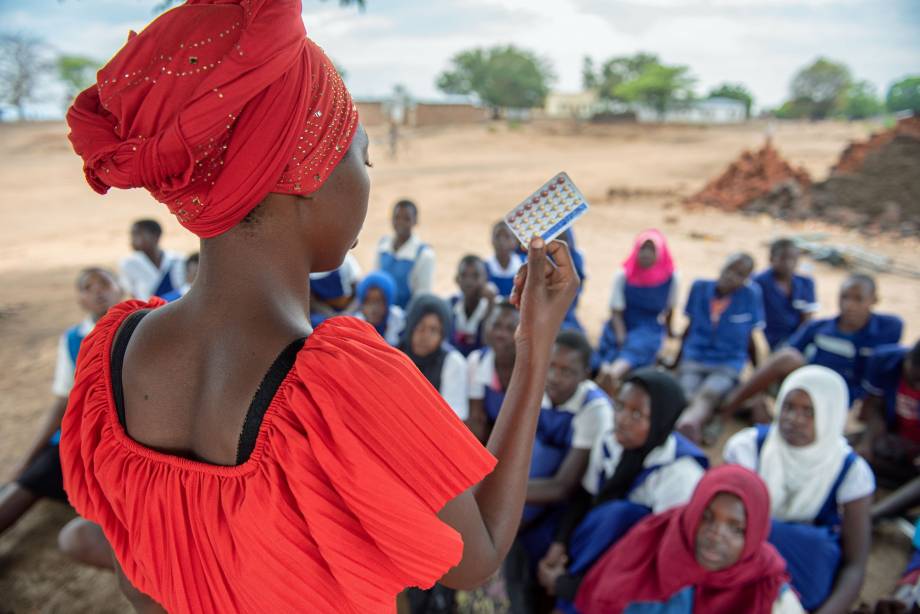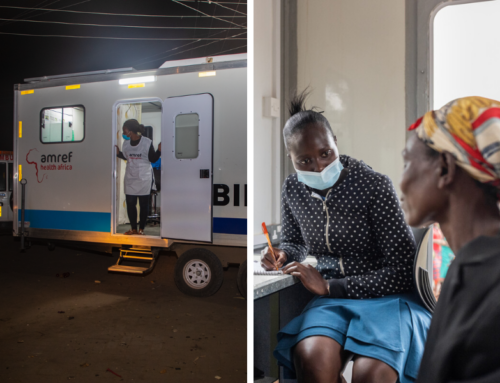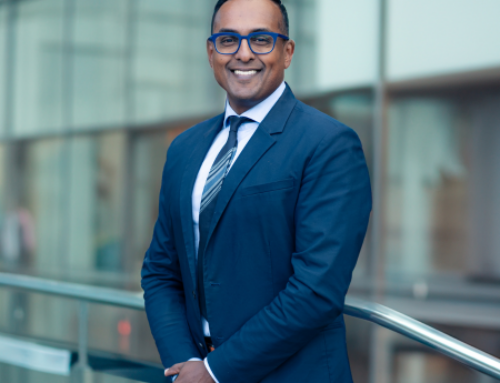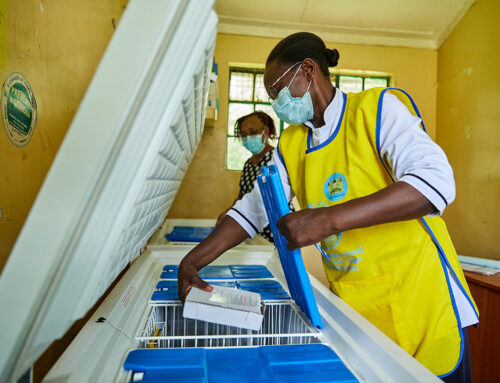
Why is the ICPD+25 Nairobi Summit important?
At the International Conference on Population and Development (ICPD) in 1994, 179 governments adopted a revolutionary Programme of Action that called for women’s reproductive health and rights to take centre stage in national and global development.
Specifically, the Programme of Action called for all people to have access to comprehensive reproductive health care, including voluntary family planning, safe pregnancy and childbirth services, and the prevention and treatment of sexually transmitted infections. Furthermore, it urged countries to eradicate gender-based violence and harmful practices, including female genital mutilation/cutting (FGM/C) as serious violations of human rights.
Unfinished business of the ICPD Programme of Action
Twenty-five years after the adoption of the ICPD Programme of Action, the Nairobi Summit will reinforce this agenda and make bold steps for further implementation. Amref Health Africa, the largest African based health organization, envisions lasting health change in Africa. Further, the organization sees the achievement of the ICPD Program of Action as contributing to this vision. The Nairobi Summit is an important milestone for accelerating political will and commitments on the Program of Action. While there have been improvements in the sexual and reproductive health and rights (SRHR) of women and girls in Africa, bolder steps are needed to achieve the goals set in the Programme of Action. Gender-based violence and harmful practices such as FGM/C are still prevalent. In some countries specific laws to eliminate these practices do not yet exist, while in others they lack sufficient implementation. Inadequate access and thus low uptake in contraceptives as well as lack of age-appropriate sexuality education have resulted in high teenage pregnancy rates and unsafe abortions; high HIV infection rates among the youth as well as high incidences of STIs. Generally, inadequate access to SRH and rights is one major factor impeding the achievement of demographic dividends in Africa.
Amref Health Africa’s recommendations on commitments
Amref Health Africa convened a consultative meeting involving stakeholders from civil society organisations and government representatives. The stakeholders collaboratively drafted 70 commitments, with a specific focus on Child Marriage, reducing teenage pregnancy rates among adolescents and ending FGM/C. Amref endorses these commitments and recommendations (attached). Furthermore, Youth in Action (Y-Act) and Amref Health Africa consulted with the youth through an online survey in which young people participated from across the continent. The recommendations of the youth (attached) detail how SRHR for young people can be achieved.
From the multiple consultations and based on our experience implementing programs across communities in Africa we recommend to governments and stakeholders of goodwill to:
- Prioritize funding for primary healthcare programs, including increasing financial support to the community level including the employment of community health workers to strengthen health promotion and disease prevention services;
- fast track development and full implementation of laws and policies that deal with GBV, comprehensive age-appropriate sexuality education and youth-friendly services;
- equip health facilities and health workers for the provision of quality responsive youth-friendly services including comprehensive age-appropriate sexuality education;
- provide sufficient budget lines for family planning commodities;
- support girls who get pregnant while in school to ensure that they can continue with education in order to break the cycle of poverty;
- include youth and communities in all policies and meaningfully engage them with regards to any issues concerning them.
We recommend NGOs and other stakeholders to:
- mainstream SRHR into their programming;
- hold duty bearers including governments accountable
- empower communities to be able to demand their rights and to hold governments and other stakeholders accountable;
- include groups that are being left behind such as refugees, hard to reach and marginalized communities and youth with special needs.
Amref Health Africa commits to:
- continue empowering communities to take up their rightful roles in demanding their rights;
- continue supporting health system strengthening for improved SRHR;
- continue holding duty bearers accountable for the fulfilment of health and human rights;
- include youth in program design and meaningfully engage them in any issues that may concern them.




